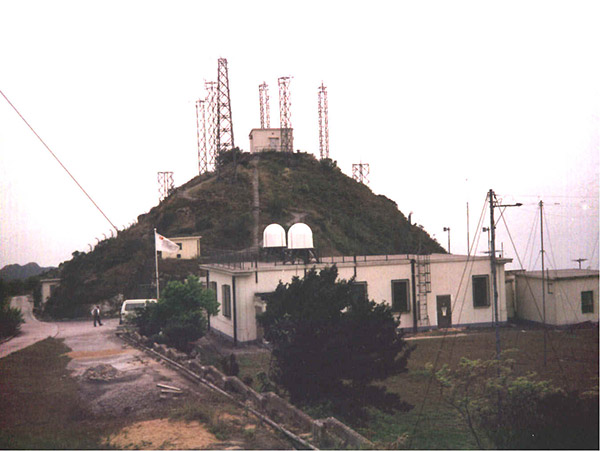The International COSPAS-SARSAT Programme Agreement, 1998
The Marine Department joined the International COSPAS-SARSAT Programme for Search and Rescue as early as 1992, as satellites provided accurate, timely and reliable data for alerting and locating vessels in search and rescue (SAR) missions. After signing the Cospas-Sarsat Agreement in 1998, Hong Kong became a formal member and participated in the organisation in its independent administrative capacity.
The Search and Rescue (SAR) Co-operation Arrangement, 2009
Hong Kong is responsible for covering coastal waters when conducting SAR operations, but the territorial waters of mainland China are beyond Hong Kong’s jurisdiction. Although Guangdong is responsible for SAR operations up to 12-mile off the coast, it is subject to certain limitations when conducting SAR. Co-operation between the two sides is necessary when carrying out SAR given such restrictions. The SAR Co-operation Arrangement signed between Hong Kong and Guangdong in 2009 enabled the two sides to discuss the responsibility of SAR missions. The consequent exchange of services and information made cooperation possible. For example, 24-hour air services are provided by Hong Kong up to the mouth of the Pearl River where necessary, while Guangdong is specifically responsible for providing rescue ships.



